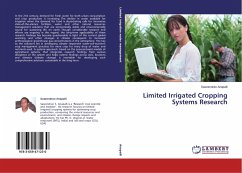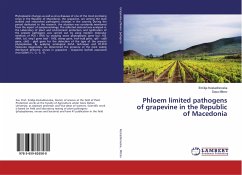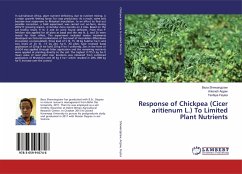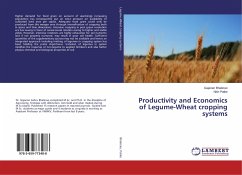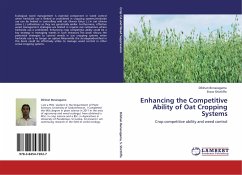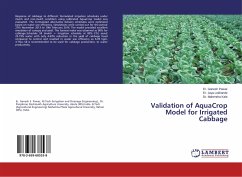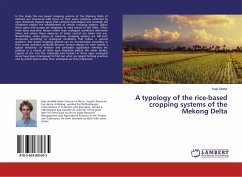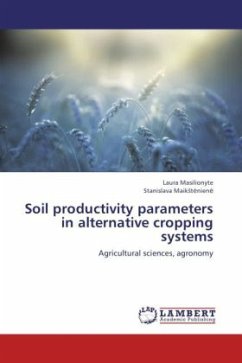In the 21st century, demand for fresh water for both urban consumption and crop production is increasing. The decline in water available for irrigation when the demand for food is skyrocketing calls for innovative state-of-the-science fertilizer, water and other natural resources management solutions that are economically viable and environmentally sound for sustaining life on earth. Though considerable research and efforts are ongoing in this regard, the long-term applicability of these research findings has become questionable in light of the current global warming and other changes in climate consequent to increased anthropogenic greenhouse gas concentrations in the atmosphere. The key to the solutions lies in developing climate responsive water-soil-nutrient-crop management practices for more crop for every drop of water and nutrients used. A systems approach, based on the process-based models of agricultural systems, that integrates research findings from various disciplinesof the system and helps extend findings across soils, locations and climates (climate change) is inevitable for developing such comprehensive solutions sustainable in the long-term.
